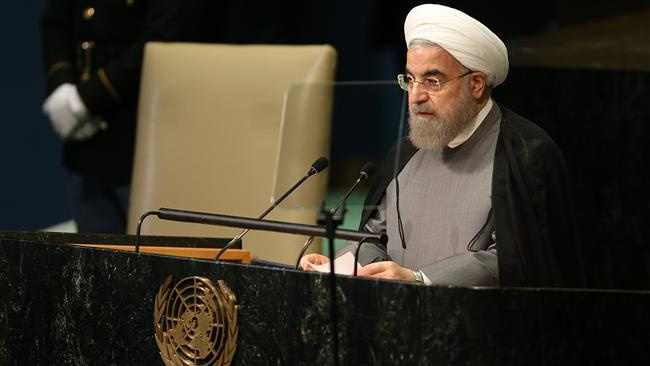Iran’s quest for regional inclusive security architecture

Iran in this years' Munich Security Conference, once again, revealed that as an influential regional power, it is working toward promoting security of the region.
But, there is a tendency among world powers and their regional clients to obscure the reality of Iran's approach.
'They use this [forum] and other fora to revive the hysteria on Iran’s foreign policy and obscure its reality,' said Iran Foreign Minister Mohammad Javad Zarif, addressing the 2018 Munich Security Conference on February 18.
Iran, contrary to the Iranophobia project launched by Washington and its allies, has engaged with the world countries to build confidence. The July 2015 nuclear agreement between Iran and the major world powers serves to be a good example. Known also as the Joint Comprehensive Plan of Action (JCPOA), the Iran deal ended all the speculations about possible military dimensions of the country's nuclear activities and demonstrated their peaceful nature.
Iran's unyielding efforts to establish intergovernmental formal talks with other nations both in the region and across the globe are also well demonstrated in Tehran's campaign against terrorism.
Eradication of Daesh (ISIS) terrorists both in Iraq and Syria, was mainly the result of Iran's support and its cooperation with regional nations.
Yet, Iran's challenge against the sinister phenomenon that has affected countries both in the region and beyond, has been interpreted by the West and its regional allies as Tehran's tendency to increase its sphere of influence and build a regional empire.
Iran in the region, and particularly in the Persian Gulf, is after creating a regional inclusive security architecture aimed at establishing an independent strong region, as Iran's top diplomat described during his speech as 'where small and large nations—even those with historical rivalries—contribute to stability'.
And the 'fresh regional security architecture,' as appeared in Zarif's words, is not based on spreading regional hegemony of any kind, while it is absolutely against foreign interventions and tyranny.
The countries in the region are resourceful enough to 'create our strong region'. They can 'move from collective security and alliance formations to inclusive concepts such as security networking'.
The ethnic and religious diversity found in the countries of the region, unlike some speculation that it could be a source of divergence and disparities, could well serve as a source of power and an asset possessed by regional nations.
This, Iran has understood very well and it is doing everything to encourage the countries in the region to use the valuable asset by adopting 'a non-zero-sum approach that accepts that security is indivisible, as opposed to alliances and blocks, which are fundamentally based on the defunct zero-sum approach of gaining security at the expense of the insecurity of others'.
It is not an easy quest; the quest for creating a strong region.
Source: IRNA

